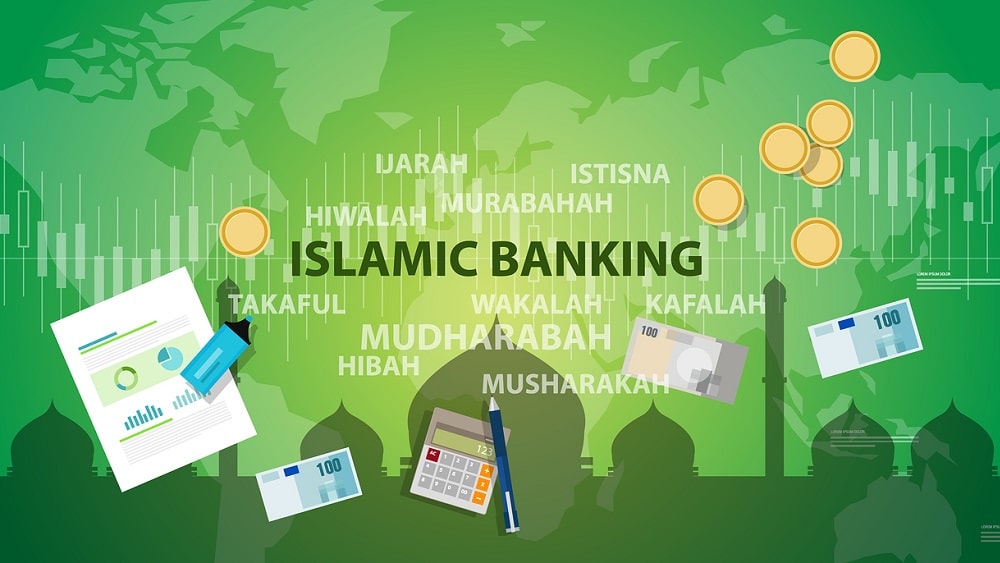The financing by the Islamic Banking segment of Pakistan’s banking industry has surpassed the value of financing made through conventional banking during the period of the last ten months of the current financial year 2020-21.
The financing includes funds offered to the businesses, the corporate sector, and individuals. This shows steady growth in the popularity of the Sharia-based banking system in the country.
According to the statistics by the State Bank of Pakistan (SBP) that were updated recently, the financing made to corporate and individual consumers by the Islamic Banking Industry including Islamic banks and Islamic banking branches of traditional banks stood at Rs. 239 billion for the period of July 2020 to April 2021.
On the other hand, the financing made through conventional banking with the interest-based model stood at Rs. 215 billion during the same time period, showing a difference of nearly 11 percent or Rs. 26.3 billion between the two systems.
Experts’ Views
Experts in the Islamic banking system said that the Islamic banking industry is growing steadily in financing to businesses but it has been also flourishing in terms of the assets base and deposit mobilization.
Moreover, the profit growth of the Islamic banking industry has been impressive for many years; and the branches network has been expanding in various cities to cater to the largely untapped local market.
The expansion in the Islamic banking industry reflects its increasing acceptance at the public level, which shows that a significant section of consumers in the corporate and individual levels prefer the option of Islamic banking over conventional banking due to the religious factor.
The assets value of the Islamic banking industry had reached Rs. 4.2 trillion as the deposit base grew to Rs. 3.3 6 trillion by the end of December 2020 as per the SBP’s last updated figures. The industry financing also grew to Rs. 1.88 trillion by the end of the same period and various Sukuk issues made by the government.
Corporate Financing & Consumer Financing
IBI (Institutional Buy In) financing to various sectors including textile, agribusiness, and power recorded significant growth. It is followed by commodity financing from the government and private sector. Consumers financing for home appliances, housing, and auto financing also showed extraordinary growth in the past many years.
Besides the acceptance of Islamic banking among the masses, the industry provides a competitive edge to businesses in the corporate sector, which is evident as its financing is surpassing the lending of conventional banks.
Experts said that the Islamic banking industry offers lower financing rates to the corporate sector as compared to the conventional banking system, which reduces the cost of borrowing for the commercial sector from the banking system. Hence, various sectors prioritize Islamic banks over conventional banks.
On the other hand, Islamic banking with excessive liquidity issues is making inroads in the corporate sector to get secure profit margins through the financing of businesses. In this way, new and old businesses are moving towards a conventional to Sharia-based financing system. Hence, it is a win-win situation for both the corporate sector and the Islamic banking industry.
The Islamic banking industry has also been a popular choice among consumers when it comes to financing for houses and cars mainly on the basis of religion. Some of the leading banks promote their Islamic banking unit more than conventional banking for the portfolios of housing and auto finance.
Islamic banks do focus on consumer financing because of the limited choice of making margins in the country. Surprisingly, the financing rates are a little higher than conventional banks but still maintain superb growth in the banking industry.
Overall, the lending of conventional banking stands at Rs. 5.3 trillion when it comes to the holistic picture. The financing made by the Islamic banking industry stood at Rs. 1.55 trillion, but it maintained an accelerated pace since last year as an alternate way of banking.
Courtesy: Pro Pakistani

